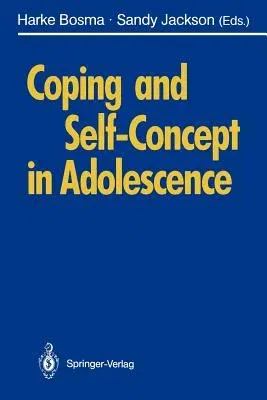Coping and Self-Concept in Adolescence (Softcover Reprint of the Original 1st 1990)Paperback - Softcover Reprint of the Original 1st 1990, 13 December 2011

Qty
1
Turbo
Ships in 2 - 3 days
In Stock
Free Delivery
Cash on Delivery
15 Days
Free Returns
Secure Checkout
Print Length
270 pages
Language
English
Publisher
Springer
Date Published
13 Dec 2011
ISBN-10
3642752241
ISBN-13
9783642752247
Description
Product Details
Book Edition:
Softcover Reprint of the Original 1st 1990
Book Format:
Paperback
Country of Origin:
NL
Date Published:
13 December 2011
Dimensions:
23.39 x
15.6 x
1.55 cm
ISBN-10:
3642752241
ISBN-13:
9783642752247
Language:
English
Location:
Berlin, Heidelberg
Pages:
270
Publisher:
Weight:
408.23 gm

